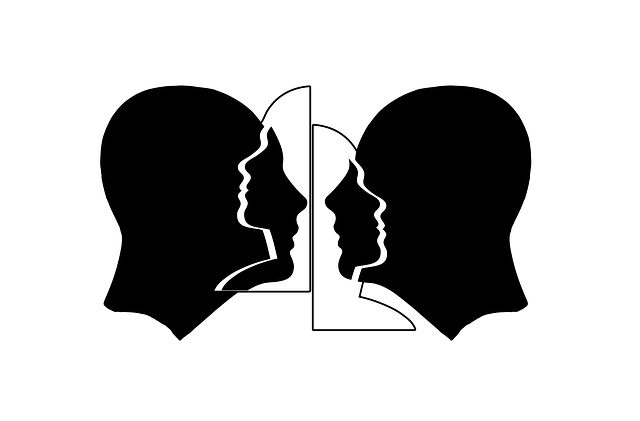
I write to explain me, to me. The role of the reader is to keep me coherent and consistent as I explore my evolving values. And I’m prefacing this blog post because it was a struggle to write it. I am clear about the right and the wrong, but the act of writing about this subject is also an act of insertion. I am becoming part of the subject. That’s a little scary in this instance. Again, the right and wrong are clear, my level of hypocrisy in condemning the act, well that is less clear. Brian Leddin TD used sexist and misogynistic language in a WhatsApp group. My instinctive reaction was, what the hell was he doing letting his guard down in a WhatsApp group? You see my problem?
Recently, Liverpool supporters targeted an opposition player by referencing rent boys. There was a time when I wouldn’t have thought that an issue. I might have joined in. What’s wrong with thousands of men baying at another man that he sells his body to other men for sex? It wouldn’t have occurred to me that in that stadium and watching on TV were members of the LGBTIA+ community, supporting my team, hearing their sexuality being used as a slur. How many supporters of my team, of the game itself, are being traumatised, driven away, lost from what I regard as the ultimate communal experience?
I understand the cathartic joy in abusive language, the free use of invective, the headiness of unfettered expression. What possible reason could there be for constraint? Yes, this is about political correctness. And the problem with political correctness is that to be understood it requires of people who look like me, some empathy. Being an able-bodied, straight, white, cis man means I never feel denigrated. I’ve no idea what that is like. Even when a Brit says something wholly uninformed about Ireland, I feel nothing. I would need to encounter an Elf or a Vulcan to feel my place in the hierarchy threatened.
Never feeling denigrated is a bloody brilliant place to live. But it means I’ve had to learn empathy as one would learn Latin. I’ve had to try very hard to imagine what it might feel like to exist with worry and concern about how I’ll be treated by family, friends, strangers, society, the law and the state, for simply not being an able-bodied, straight, white, cis man. To imagine words and deeds, encountered daily designed to hurt me, must feel like. To experience systems that seek to keep me from fully participating in and benefiting from those systems.
I fail that empathy test, a lot. I can imagine Elves and Vulcans easier than I can imagine feeling less than. If I come to write a memoir, the title would be, Opportunities Spurned. Even now, my tenuous grip on the concept was only made possible by a particularly brutal bout of depression I experienced fifteen years ago.
Brian Leddin, a politician I like and support, used words to describe women, which reflect very poorly on him. Yes, I’m being euphemistic. Remember my preface? In the queue of stone casters, I’d necessarily be near the end. But I am here to explore. Using the language of sexism and misogyny is a three-act play. There is the harm caused to the target, there are the values revealed in that unguarded language, and then there is the aftermath. And it is in the aftermath where most of my disappointment lies. There appears to be no understanding of why this was not mere invective, not mere unprofessionalism. There doesn’t seem to be any learning. No attempt at empathy.
There are few politicians in my county of Kerry that I have a good word for. But as I fancy myself a grown-up, a person with some political experience, I try to not lapse into invective. It’s unprofessional and it reflects badly on me. When I do indulge, the words have to pass one test and one test only; do they attack the person’s gender, ethnicity, religion or physical ability. This should not be a difficult bar to clear. But it requires an acceptance and an understanding that the game is rigged in favour of people who look like me. It demands empathy from a class of humans who haven’t had to practise empathy a lot. It means that we who would prefer our society become more equitable, doing or saying nothing to reinforce exclusion. Doing or saying nothing that denigrates those who are already disadvantaged by society.
I have the privilege of not needing to worry about words used about or against me. The only opinion, other than my own, that I choose to worry about is my wife’s. For a long time, I thought that was how everyone lived. I have had to learn that this is only the case for me and people who look like me. I have had to learn that my words matter. I’ve had to learn that anything I do or say that reinforces my privilege is an act of harm.
Empathy is hard, but not bothering to learn it, is an unconscionable privilege.



